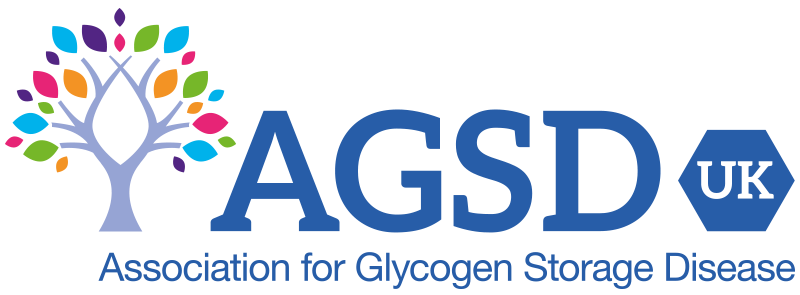
This page will help you find the support you need regarding your Glycogen Storage Disease.
First line of support – your GSD Coordinator
The coordinator for your particular GSD is the key person to contact. For the most rare GSDs we may not have been able to appoint a coordinator, in which case please contact the Chief Executive.
The specialist centres
As an ultra rare condition all those affected by GSD need to be medically supported at NHS specialist centres. This often means travelling to a regional or national centre. We hold details of all such centres in the country.
Support with education and employment issues
Many of those affected by GSD are able to participate in mainstream education and employment. Sometimes support is necessary and it can be difficult to negotiate the systems and get the support you need. Your GSD Coordinator will usually be able to assist, or contact the AGSD-UK office.
Peer support and social media
Some of the GSDs have support groups of experienced patients who can offer support to others affected by that GSD. See the section for your GSD for more details.
The AGSD-UK has its own Facebook page, and in addition there are many Facebook groups which either cover GSD in general (see link below) or focus on an individual GSD (see our section for your GSD).
Signposting to other services
In some instances support is more expertly provided by other services such as major UK charities with an interest in GSD, or by social services. For example, for muscle GSDs Muscular Dystrophy UK can offer patient advocacy, and for liver GSDs there may be support from the Children’s Liver Disease Foundation.
The web site section for your GSD may well have links to appropriate services, and our GSD Coordinators will usually be able to signpost you to services when necessary.
Community Support Fund
AGSD-UK has established a small, cash limited support fund. Its purpose is to help people facing financial hardship attend community support events or gain initial emergency access to therapy, respite or equipment where there is evidence of urgent and pressing need that cannot be met from other sources.
For information about the fund and for help with all types of support, grants and welfare benefits please contact specialist care advisor Elizabeth Davenport in the first instance.







